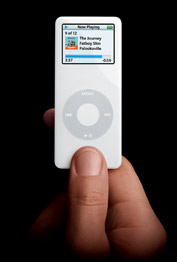This from Boing Boing:
A geeky biz traveller decided to find out what info in on the mag-stripe on a hotel key (an item that is often left behind on checkout) — turns out that some hotel keys have credit card numbers, names and addresses.
What’s scary is how easy it is for even a novice to steal this information. He says he bought a $39 card reader at a local retail store and plugged it into his laptop’s USB port. Now when he scans a card, the device inputs the data directly into an open Excel or Word document.I asked Wallace how often he finds his personal data on the cards. “Certain chains have that information [on their cards]. I’ve noticed it on three different chains,” he says. While he declined to name specific hotels, he says the most recent incident occurred in June at a resort. In that hotel the magnetic strip yielded his credit card information, street address and full name.
